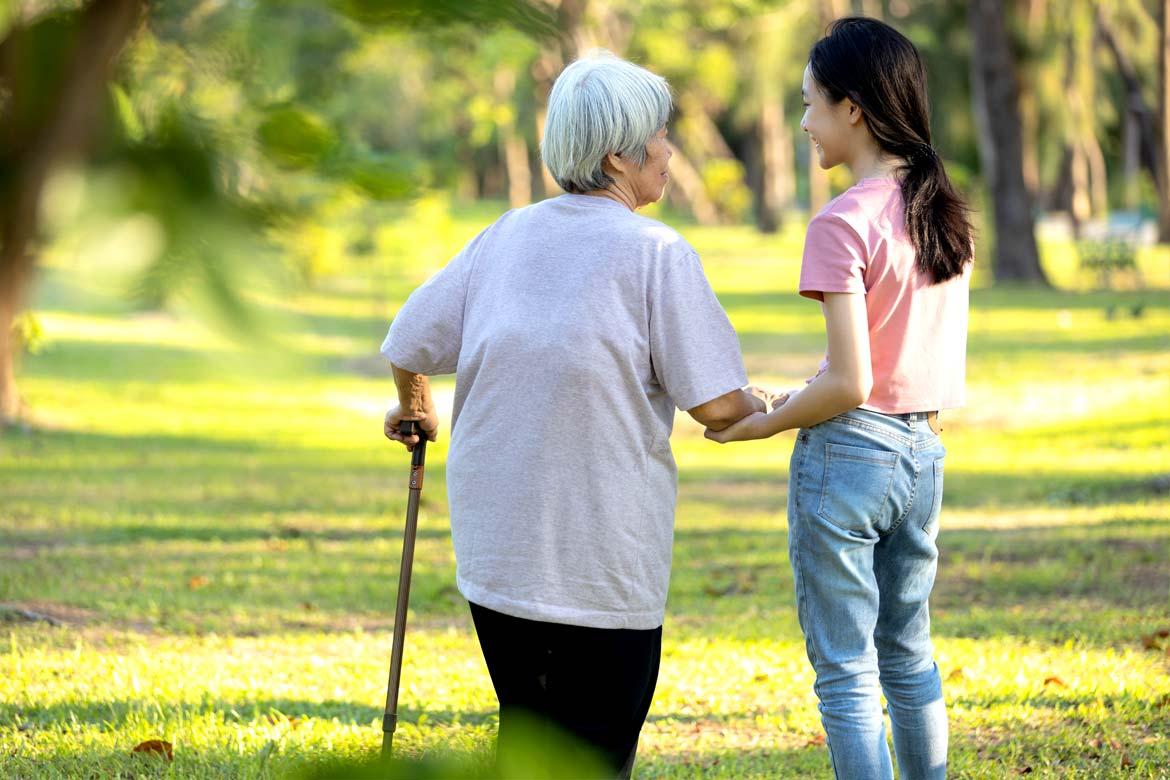
Post-Traumatic Headache
What is a post-traumatic headache?
A post-traumatic headache is a type of headache that occurs after a head injury, which can range from mild to severe trauma.
These headaches can manifest immediately following the injury or develop days to weeks later. Post-traumatic headaches are a common consequence of head injuries, including concussions, and can significantly affect the quality of life if not managed properly.
Types of post-traumatic headaches
Post-traumatic headaches can be classified based on their characteristics and underlying mechanisms:
- Acute post-traumatic headache: Occurs within seven days of the head injury or regaining consciousness and typically resolves within three months.
- Chronic post-traumatic headache: Persists for more than three months after the injury and may continue for years.
- Migraine-like post-traumatic headache: Characterised by throbbing pain, nausea, and sensitivity to light and sound, resembling a migraine.
- Tension-type post-traumatic headache: Presented as a dull, aching pain, often with a sensation of tightness or pressure around the forehead or back of the head and neck.
What are the symptoms of a post-traumatic headache?
Symptoms of post-traumatic headache can vary widely but commonly include:
- Persistent or intermittent head pain
- Throbbing or pulsating pain, similar to migraines
- Dull, aching pain, typical of tension-type headaches
- Nausea or vomiting
- Sensitivity to light (photophobia) and sound (phonophobia)
- Dizziness or vertigo
- Fatigue and irritability
- Difficulty concentrating and memory problems
- Trouble falling asleep or staying asleep
When to seek medical attention?
You should seek medical attention if:
- You experience a new headache following a head injury
- The headache persists or worsens over time
- Over-the-counter medications do not relieve the headache
- The headache is accompanied by symptoms such as confusion, memory loss, or difficulty concentrating
- You experience visual disturbances, dizziness, or balance problems
When to visit an urgent care centre?
Visit an urgent care centre if:
- You experience a head injury resulting in loss of consciousness, confusion, slurred speech, vomiting, or seizures
- You have a sudden, severe headache that is different from your usual headaches
- The headache is accompanied by neurological symptoms such as weakness, numbness, or difficulty speaking
- You experience a high fever, stiff neck, confusion, or seizures
- You have repeated vomiting or lose consciousness
What causes a post-traumatic headache?
Post-traumatic headaches are caused by head injuries that can result from various incidents, including:
- Falls
- Motor vehicle accidents
- Sports injuries
- Physical assaults
- Explosive blasts (common in military personnel)
The exact mechanisms underlying post-traumatic headaches are not fully understood, but they may involve changes in brain function, inflammation, muscle strain, or vascular changes following the injury.
What are the complications of a post-traumatic headache?
If left untreated, post-traumatic headaches can lead to several complications:
- Chronic daily headaches
- Persistent pain that affects daily functioning and quality of life
- Increased risk of depression and anxiety
- Sleep disturbances and fatigue
- Difficulty with cognitive functions such as memory and concentration
How do you prevent a post-traumatic headache?
Preventing post-traumatic headaches involves taking measures to avoid head injuries and managing any head trauma effectively:
- Use appropriate safety equipment such as helmets when participating in sports or riding bicycles and motorcycles.
- Implement measures to prevent falls, especially in the elderly, such as using handrails and removing tripping hazards.
- If you have young children, childproof your home to minimise the risk of falls and head bumps.
- Always wear seat belts and follow traffic safety rules to reduce the risk of motor vehicle accidents.
- Seek prompt medical care after any head injury to assess and manage potential complications.
This page has been reviewed by our medical content reviewers.
Need help?
For enquiries, please call
+65 6250 0000 (Orchard) or +65 6898 6898 (Novena)
For appointment bookings, please WhatsApp
+65 8111 7777 (Orchard) or +65 8111 5777 (Novena)
 Brain & Spine Care
Brain & Spine Care







